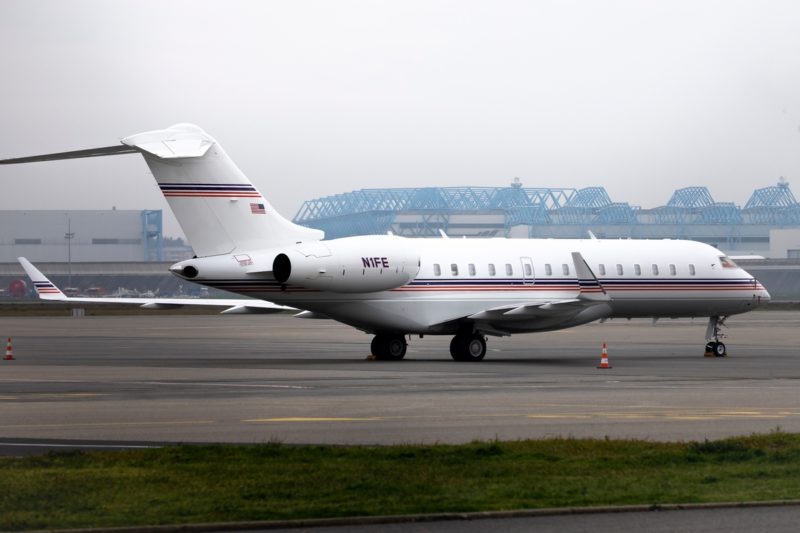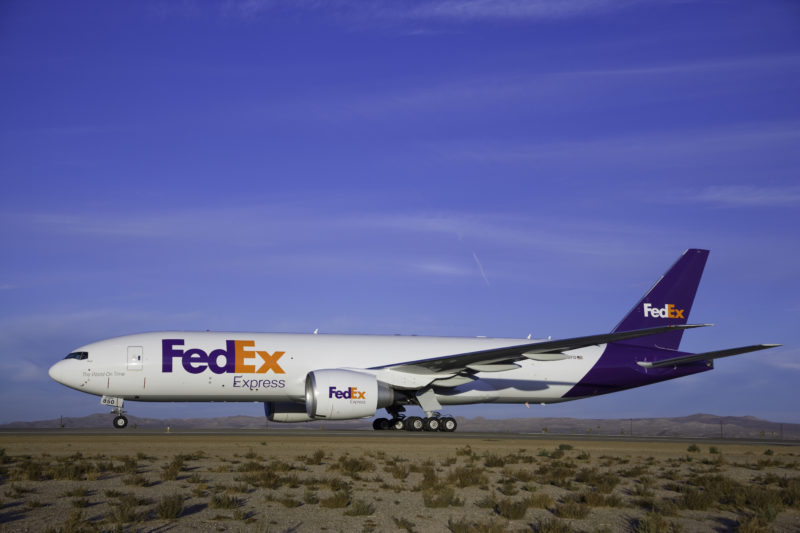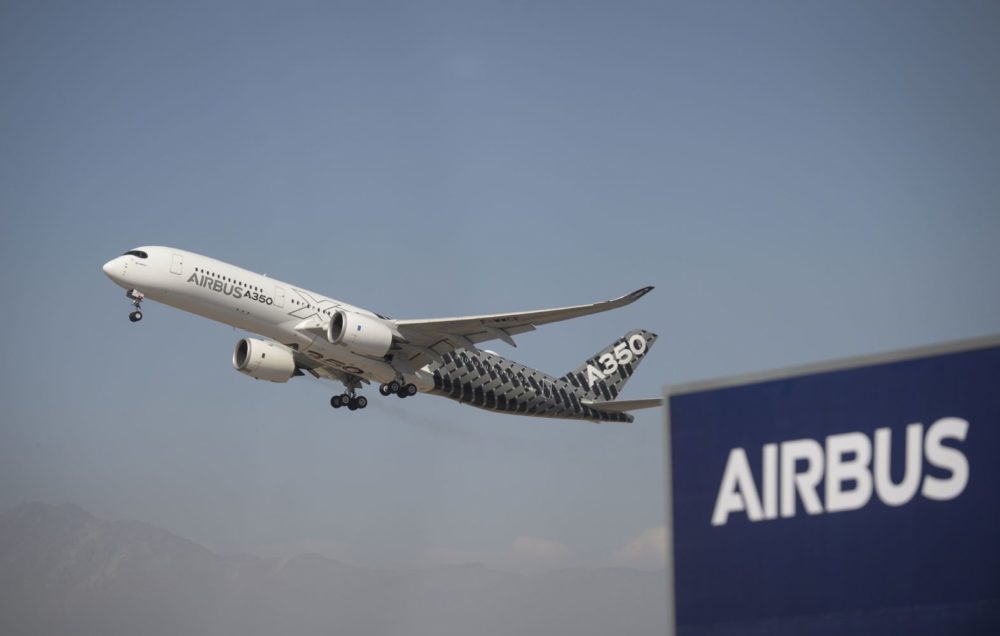Airbus’ latest and most advanced widebody aircraft, the A350, has been an all round great performer for the company and airlines operating it; but now the manufacturer is reportedly pitching the model as a freighter, to the world’s leading freight handling airlines.
Sources in contact with Cargo Facts state that Airbus is moving ahead with the development of an A350 Freighter and is actively pitching the aircraft to leading freight handlers, such as FedEx and UPS, with a launch to follow after securing a customer.
Boeing is the current leader in the commercial cargo segment, with specialised loads notably carried by aircraft such as the Antonov 124 and 225. For years now Airbus has been interested in increasing their freighter market share, with a mediocre A330 Freighter program never gaining traction, and is probably looking to develop a competitive, modern platform.
Sales executives in Toulouse have reportedly spent the last few months discussing the basis of a new freighter aircraft, including upgrading the A330 Freighter to an A330neo Freighter using the A330-900. If the sources in contact with Cargo Facts are accurate, it appears that Airbus has now voted in favour of an A350 Freighter; this is likely due to its modern design and long-term production scheme.
Interestingly enough, a FedEx executive jet, registered N1FE, was captured by BND-Tls at Toulouse Airport on the 25th of February; this has led to speculation that Airbus was in talks about a new freighter platform.

Although its unknown what variant of the A350 Airbus would use to build a freighter, both the -900 and -1000 could easily do the job. To seriously compete with the Boeing 777 and 747-8 Freighter programs, the larger A350 variant would come out on top; with an estimated payload of 95 metric tonnes and its 308 to 319 tonne maximum takeoff weight.
Additionally, the A350-1000 would boast a higher volumetric capacity, with over 800 metres cubed compared to the factory-built Boeing 777Fs 650 metres cubed, as stated by Cargo Facts.
The reported A350 Freighter talks come shortly after Israeli Aerospace Industries (IAI) and GECAS launched a passenger to freighter conversion program for the Boeing 777-300ER, which will soon start to steadily make its way to retirement yards.
The 777-300ER, which is very close to A350-1000 specification, would certainly make for an excellent competitor to an A350 Freighter, due to its lower capital costs and existing global fleet presence.
Frederic Horst, who is the managing director of Cargo Facts Consulting, adds to this in a statement published in the original Cargo Facts article:
“It is unclear how an A350 freighter would fit into the global freighter fleet. An A350-1000F would compete directly with a lower-capital-cost 777-300ERSF, whereas an A350-900F would compete with a 777-200F; but due to its lower design density, is a less-capable aircraft.”
Frederic Horst – Managing Director, Cargo Facts Consulting
Global cargo fleet figures indicate over a quarter of the worlds freighters consist of ageing aircraft, such as the Boeing 747-400F and McDonnell Douglas MD-11/10F. As these aircraft edge closer to retirement, the need for more than one product offering for replacement becomes apparent.
But Airbus and Boeing have to be very careful. Although internet shopping and the demand for faster cargo shipments is increasing, the market is extremely sensitive and is currently facing difficulties as a result of the COVID-19 outbreak. FedEx has already parked 35 freighter aircraft, after losing Amazon as a major customer as well as battling increased trade tension.

As an alternative to a pricey and fancy A350 Freighter, the alternative could be A330 passenger to freighter conversion; thanks to their growing availability, proven performance and similar size to MD-11/10 Freighter platforms.
Cargo Facts also adds that sources say Airbus has already pitched the A350 Freighter to a large Asian carrier, however a purchase commitment was declined.
Whether the A350 earns its position in the freighter market or not won’t be a major loss to Airbus, as the aircraft already has over 930 orders; with plenty more expected in the future and other platforms, such as used A330s, suiting the job as well. What will be a blow to the company is not getting a grip on Boeing’s majority market share, if the 777 passenger to freighter conversion program takes off or the company launches a new, more capable product.
What are your thoughts on Airbus’ freighter movements with the A350?


